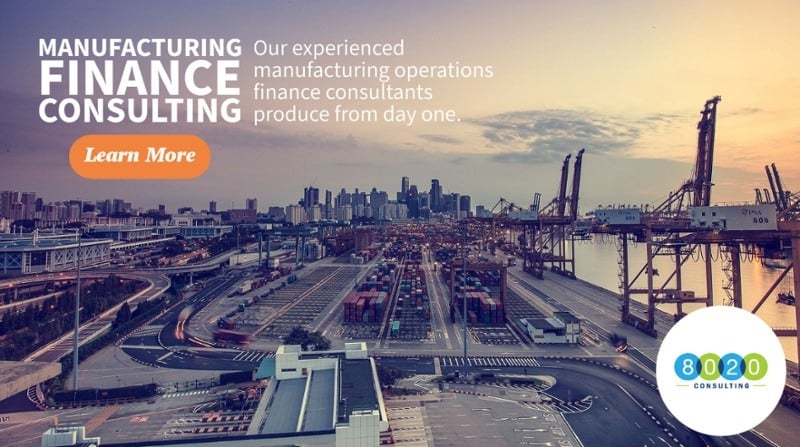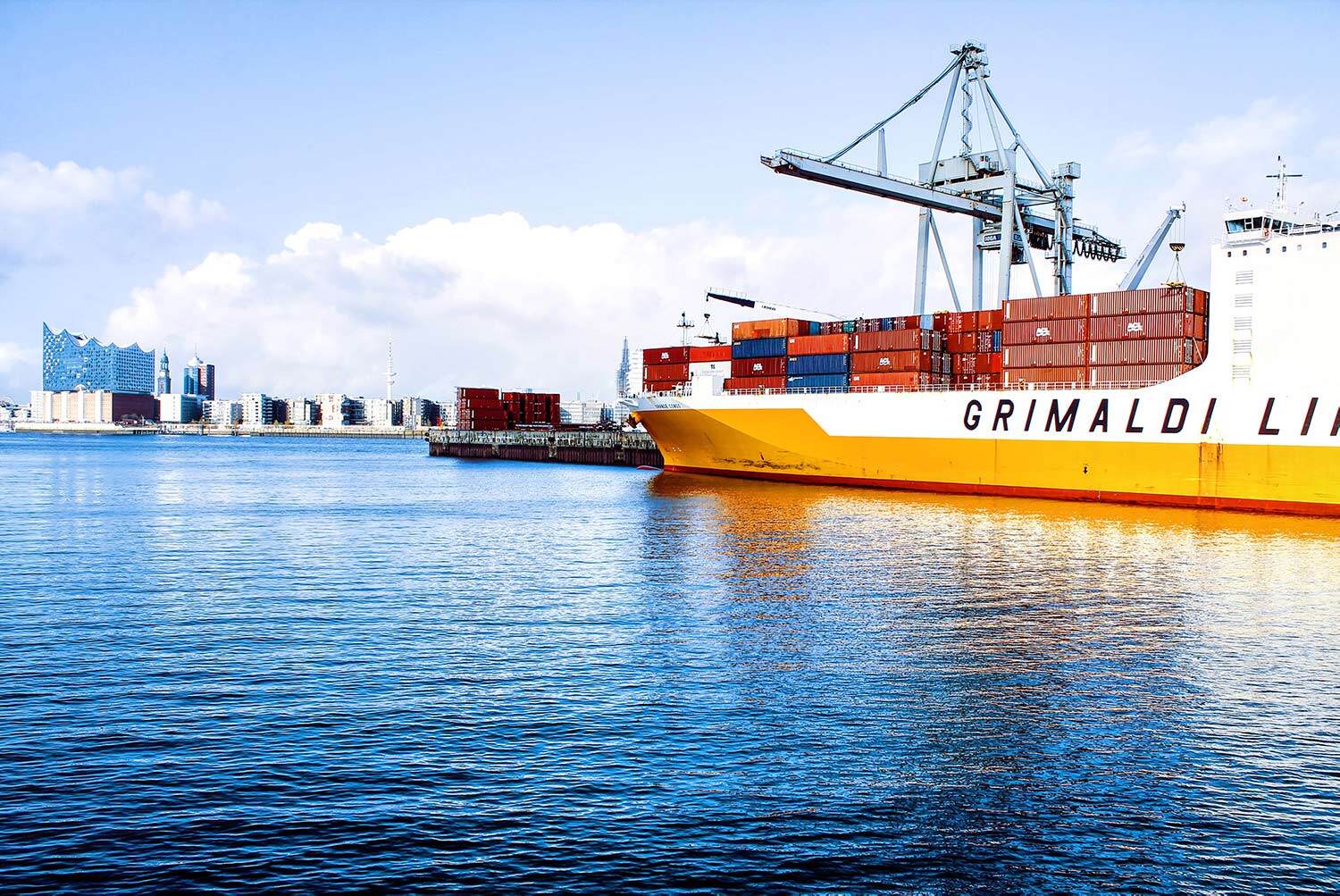The Coronavirus lockdown has reminded us that unforeseen crises can impact manufacturing and supply chain lines in the short and long term. For any company, particularly in a time of crisis, it’s critical to mitigate the risk of disruptions to manufacturing and supply chain channels. Sourcing backup suppliers or alternates is an important task in supply chain management that needs considerable due diligence on the company’s part. Let’s review a few best practices that can be applied during the supplier selection process.
Quality of Product
The ability of the manufacturer to maintain the same quality of product has to be determined. In order to do this, a Proof of Concept (POC) can be requested from the supplier. The POC needs to be tested by the concerned Quality Control (QC) team at the company, which will determine whether the POC meets the quality standards set by the company. A detailed analysis needs to be prepared and reviewed by the Product teams as well.
Scale to Size
The supplier needs to display the ability to “scale to size” and increase production if needed. The company can attempt to determine the scale of operations in many ways, such as a tour of the manufacturing facilities or an audit of the outgoing shipping invoices in a given period. The supplier also needs to be transparent in its processes, access to facilities, employee conditions, and so on.
The supplier’s manufacturing and supply chain pipelines need to be critically examined to ensure all existing standards are met if not exceeded. The supplier’s disaster management plan can also be reviewed to ensure possible disruptions have been addressed and alleviated.
Credit & Risk Analysis
A credit and risk analysis of the supplier needs to be conducted as part of the due diligence process. You can use several research tools (D&B, BBB, etc., or equivalent if overseas) to do this. The supplier can also be asked to reference existing clients and existing vendors. When reviewing the supplier’s existing clients, the company also needs to research if the supplier is currently conducting any business with a competitor. If so, there may be a conflict of interest on the part of the supplier and the supplier may not currently be the best option, from a risk standpoint.
Negotiation & Location
Assuming the supplier can meet the required unit cost, this is also an opportune time to negotiate a better rate. Often times, existing long-term relationships also come with legacy pricing. A new supplier often will be incentivized to offer up a better rate, in order to win business.
The origin country of the product is also an important factor to consider in terms of cost. The origin country’s laws relating to tariffs, trade agreements, patent protection, etc., along with its overall political and economic stability will determine potential challenges – and if those challenges are workable.
Supply Chain Optimization
We understand that the coronavirus pandemic has imposed a sense of insecurity and brought up many questions about finance and operations. If you need support during this time to assess and optimize your supply chain, we can help. We have manufacturing operations finance experts who can dig in and offer insight if you don’t have that skill set in house.

Thank you for reading, and we hope that you stay safe and healthy during this time.
About the Author
Vikram possesses 17 years of experience focused in Financial Planning and Analysis across a variety of industries such as Entertainment, IT Communications, Banking, Food and Beverage, Investment Consulting, Retail, Publishing, Aircraft Distribution, and Real Estate. Vikram’s core competencies include managing finance teams and operations (Supply Chain/Inventory Management, Cost Accounting), conceptualizing and leading budgeting and forecasting processes relating to the P&L, Capital Planning, Balance Sheet and Cash Flow analysis for both mid-sized and Fortune 1000 Companies. Vikram has project managed and led several financial system implementations such as Rightsline, Anaplan, Hyperion Essbase, and TM1 Cognos. Vikram attended Willamette University (Oregon) where he received his MBA specializing in Finance. He also holds a Bachelor’s degree in Finance and Accounting from Christ College in Bangalore and a Master’s degree in Finance and Accounting from Bangalore University.
